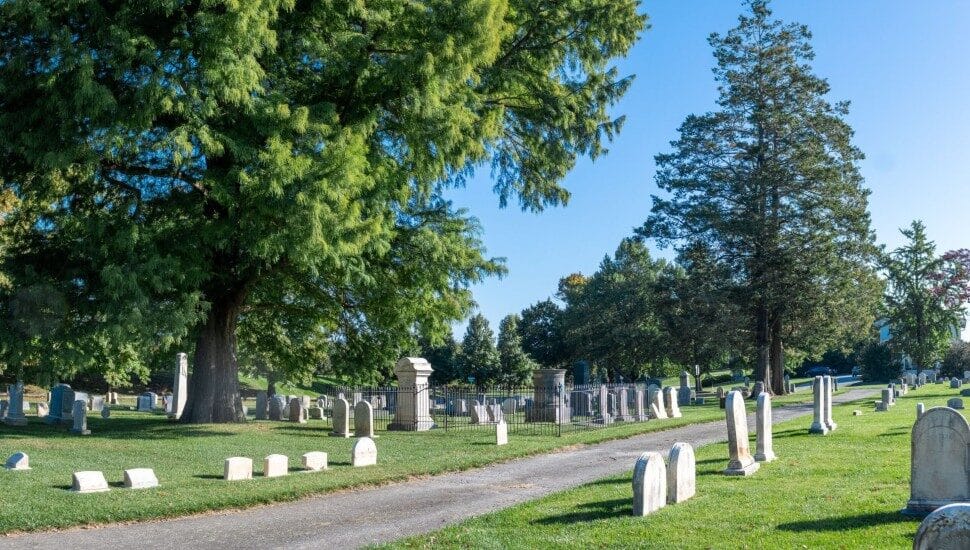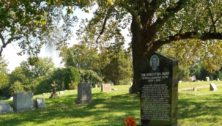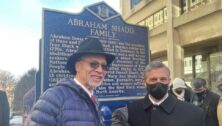Longwood Garden Cemetery Marks History of Abolitionist Movement in Chester County

The Longwood Garden cemetery and meeting house, owned by the botanical attraction have a rich history with connections to the Underground Railroad, write David Sleasman and Jennifer Fazekas for the Longwood Gardens blog.
The cemetery is the resting place of many abolitionists and allies to enslaved people seeking freedom.
The Pierce family, who were early Quaker settlers, according to the Longwood Gardens blog, used the meeting house and Cox House as Underground Railroad stations. The Quaker activists along with the Black community of Chester County assisted hundreds of enslaved people to their freedom.
But freedom most certainly came with risks. The Fugitive Slave Act of 1850 made assisting enslaved people a federal crime. Underground Railroad agents could face imprisonment, fines, seizure of property, and even mob violence aided by the government.
Southern Chester County’s Black community grew gradually over the years and began forming their own institutions such as Lincoln University, which is one of the nation’s oldest HBCU’s.
Read more about the history of the Underground Railroad on the Longwood Gardens blog.
Longwood Gardens Meetinghouse.
Connect With Your Community
Subscribe to stay informed!
"*" indicates required fields






























![95000-1023_ACJ_BannerAd[1]](https://vista.today/wp-content/uploads/2023/03/95000-1023_ACJ_BannerAd1.jpg)

















